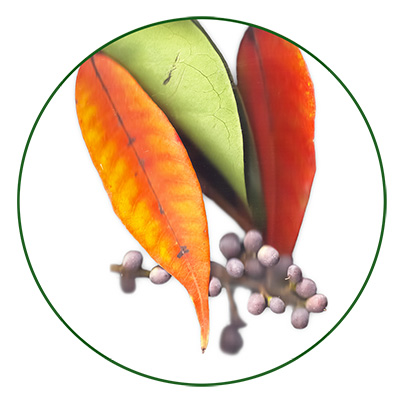The Wool Tour
- giampaolofoster

- Jan 14, 2022
- 2 min read
In Agua Hedionda, in the heart
of the Cordillera de San Buenaventura, the product of five years of shearing of the 200 sheep that breed is stacked next to the corral
Don Rolo and Doña. Fabiana.

Son unos 4.000 kg. de lana, descontando lo que el sonda desparrama por la quebrada. Bajarlas a Fiambalá para que las Artesanas Hilanderas del Abaucán creen sus obras es un trabajo afanoso que no compensa los 20 Pesos que se paga el kilo de lana.
Por eso se la lana se la lleva el viento.
Brotó entonces la idea de subir a comprobar.
Desde Las Papas llegar a Agua Hedionda son cinco horas de mula. Nueve si se da un rodeo para pasar por El Telar. El camino no es fácil ni carente de riesgos. Quebradas, acantilados, puna…


Shearing takes place in November. In the traditional way, scissors. Rolo and Fabiana, helped by two pawns, take more than a week.
Each pawn takes a lamb as payment, at today's price of about $ 8,000. More, of course, the diets: roasts, locros, wine and a lot of mate.
But that's not all the work. Throughout the year you have to take care of the sheep from damage: the puma, the fox, and when they are lambs, condors and vultures. You have to be aware of the time of childbirth, vaccinate them and bathe them twice a year against parasites.
"The sheep are cleaned well, the wool comes out finer," says Doña Fabiana.
She played bathroom these days. It could not be for reasons of manpower, it is not easy to find people who travel five hours on mule back to experience discomfort and cold.
Our stay coincided with the marking moment. Go look for the sheep that are scattered around the hill, about 4,000 meters above sea level, to eat. Then it is a whole morning of work to point them out.
It's cold, although Don Rolo affirms that the cold hasn't really arrived yet.
Preparing a sack takes time. Three burlap bags are disassembled to sew together. The wool is put under pressure, with a pure punch. The thorns dig into the skin. Filling the sack and closing it with a seam takes a long time of hard effort.

Eight days after noting the hard daily work of the rural worker, we started the march down the mountain range. A donkey carried the 40 kg sack. of wool, five hours on trails that only the baqueana view distinguishes. The same dangers as on the way out. An exhausting road to Las Papas. From there in the flat to Fiambalá, ten hours' drive from Agua Hedionda. Before, not long ago, two days on the back of a mule.
Now the Abaucán Artisan Spinners will wash, spin it, fill spindles, form balls that will then be woven to finally weave their works with care.
It cannot be said that a finished poncho, blanket, shawl, jacket or pullover is not worth what it is worth.
TO BE CONINUED

Investigación realizada con el apoyo de



































Comments